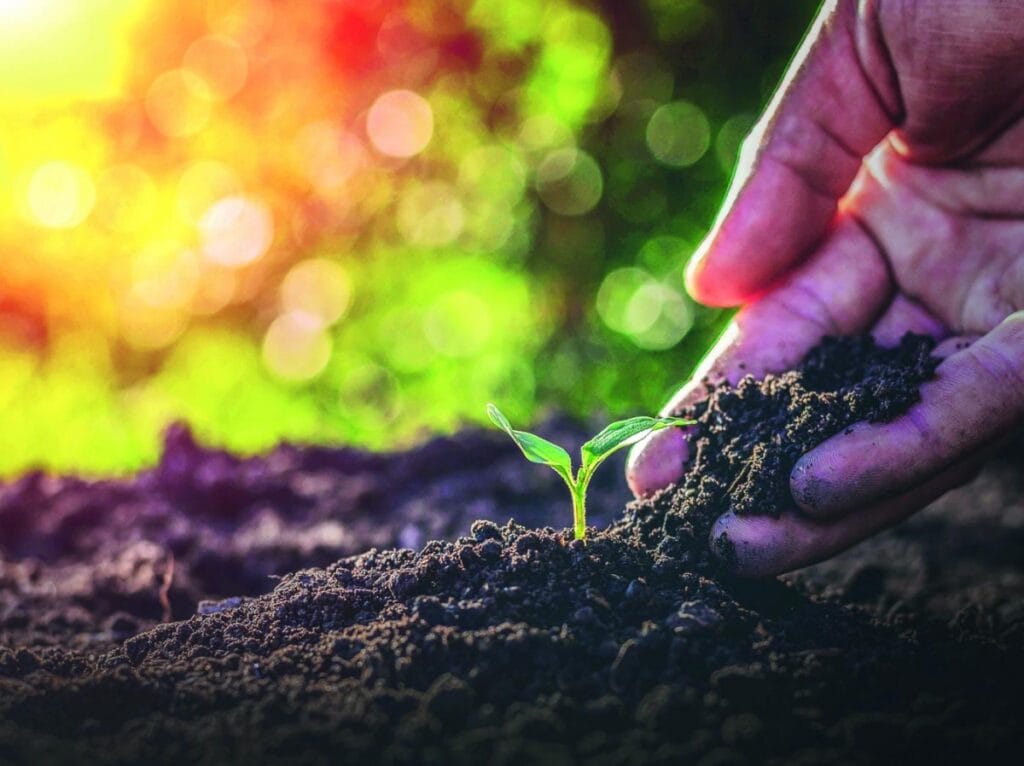Experts, professionals, and economic stakeholders debated last Thursday in Meknès about the challenges and opportunities related to improving the quality and yield of crops while preserving the environment.
Gathered for a conference on the theme “Bio-Solutions, biological alternatives to pesticides in a changing climate” initiated by the Association of Engineers of the National School of Agriculture of Meknès (AIENA) in partnership with the National School of Agriculture (ENA), participants focused particularly on innovative bio-solutions and the use of biological agents.
Speaking on this occasion, the president of AIENA, Baghaz Ahmed, indicated that this meeting is part of the association’s 2024-2027 Action Plan and aims to promote the use of biological alternatives by providing a conducive framework for discussion and the search for solutions adapted to the challenges related to climate change.
Mr. Baghaz emphasized that “the increasing use of synthetic chemical products is no longer viable in the long term,” advocating for “a revision of technical and financial support policies for farmers wishing to adopt more environmentally friendly practices.”
He added that AIENA is considering “encouraging the valorization of agricultural products from organic farming and the emergence of promising alternative sectors.”
For his part, Abdelkader Hilal, an expert in crop health protection and former research director at the National Institute of Agronomic Research (INRA), stressed the need to discuss biological factors as an alternative to ensure crop protection while reducing the impact of chemical product use.
“The use of biological factors aims to provide sustainable protection and avoid the abusive use of chemical products,” he noted, recalling the harmful consequences of pesticide use for both the health of farmers and consumers, as well as for the sustainability of agriculture.
He added that “it is in the interest of Moroccan agriculture to develop biological means” for healthy and competitive production.
In a statement to MAP, Abdelkader Abid, Secretary General of AIENA, emphasized that while Moroccan farmers are aware of the risks associated with uncontrolled pesticide use, and efforts have been made to rationalize their use, the focus is now on using biological alternatives to reduce the quantities of conventional pesticides.
“The goal is to reduce their use, to find synergy between different approaches, with the ultimate aim of preserving the environment and promoting sustainable agricultural development,” he specified.
The organizers of this conference highlighted that the meeting was an opportunity to formulate recommendations for users, particularly farmers, to consider integrating biological alternatives.
According to them, this event aims to be AIENA’s contribution to the reflection on pesticide use and environmental protection.
MAP


